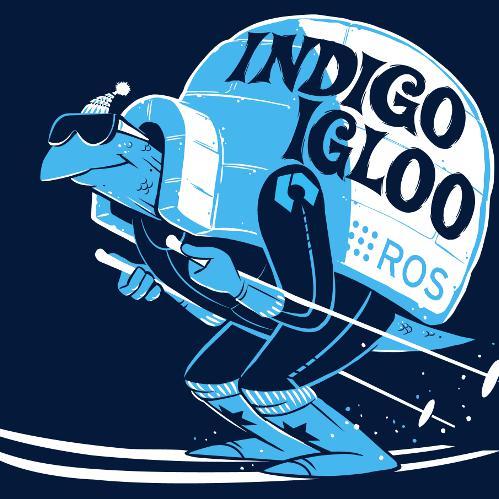Robots are becoming more and more commonplace in many industry settings. This successful adoption can be partly attributed to (1) their increasingly affordable cost and (2) the possibility of developing intelligent, software-driven robots. Unfortunately, robotics software consumes significant amounts of energy. Moreover, robots are often battery-driven, meaning that even a small energy improvement can help reduce its energy footprint and increase its autonomy and user experience. In this paper, we study the Robot Operating System (ROS) ecosystem, the de-facto standard for developing and prototyping robotics software. We analyze 527 energy-related data points (including commits, pull-requests, and issues on ROS-related repositories, ROS-related questions on StackOverflow, ROS Discourse, ROS Answers, and the official ROS Wiki). Our results include a quantification of the interest of roboticists on software energy efficiency, 10 recurrent causes, and 14 solutions of energy-related issues, and their implied trade-offs with respect to other quality attributes. Those contributions support roboticists and researchers towards having energy-efficient software in future robotics projects.
翻译:机器人在许多行业环境中越来越普遍。 成功采用机器人的部分原因是:(1) 机器人越来越负担得起成本,(2) 开发智能软件驱动机器人的可能性。 不幸的是,机器人软件消耗了大量能源。 此外,机器人往往是电池驱动的,这意味着即使是小能源改良也能帮助减少其能源足迹,增加其自主和用户经验。在本文中,我们研究了机器人操作系统的生态系统,开发和原型机器人软件的脱法标准。我们分析了527个与能源有关的数据点(包括承诺、拉动请求和ROS相关储存库问题、ROS有关Stackverplow、ROS分流、ROS答案和官方ROS Wiki)的问题。我们的结果包括量化机器人对软件能效的兴趣、10个经常性原因和14个能源相关问题解决方案,以及它们在其他质量属性方面的隐含的利弊。这些贡献支持机器人学家和研究人员在未来机器人项目中使用节能软件。




